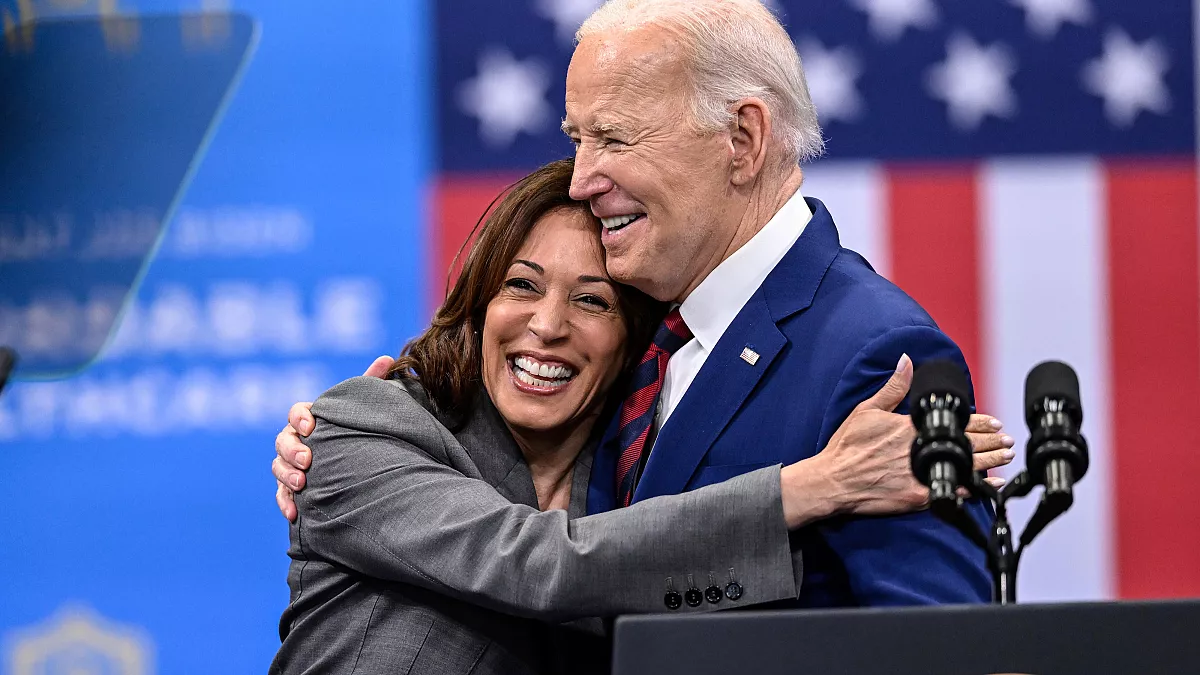(Web Desk Monitoring) — After months of intensive campaigning, Pakistan was elected on Thursday as a non-permanent member of the UN Security Council (UNSC) with an overwhelming majority.
Unopposed in its bid, Pakistan secured 182 votes out of the 193-member General Assembly, significantly surpassing the 124 votes required for a two-thirds majority.
The announcement by General Assembly President Dennis Francis was met with loud applause in the iconic hall. He declared the winners of the five non-permanent seats: Pakistan, Denmark, Greece, Panama, and Somalia, who will replace Japan, Ecuador, Malta, Mozambique, and Switzerland when their terms conclude on December 31. Francis extended his congratulations to the newly elected members.
Pakistan will take over the Asian seat from Japan on January 1, 2025, marking the beginning of its eighth term on the Security Council.
Commenting on Pakistan’s election, Munir Akram, Pakistan’s permanent representative to the UN, stated that the victory “represents the confidence of the international community in Pakistan’s ability to promote the purposes and principles of the UN Charter.” Akram emphasized Pakistan’s intent to collaborate actively with other Council members to further shared objectives.
Akram highlighted Pakistan’s dedication to contributing meaningfully to conflict prevention and peaceful resolutions in accordance with the UN Charter.
Pakistan’s previous terms on the Council were in 2012-13, 2003-04, 1993-94, 1983-84, 1976-77, 1968-69, and 1952-53.
Pakistan joins the Security Council during a period of significant international upheaval and has outlined its priorities, which include:
- Promoting peace and security in South Asia
- Upholding the principle of self-determination for the people of Palestine and Kashmir
- Promoting normalization in Afghanistan
- Advocating for equitable solutions to security challenges in Africa
- Enhancing the effectiveness of UN peacekeeping operations
Pakistan has a long history of contributing to the Council’s efforts to strengthen international peace and security. Over the past 50 years, Pakistan has been a leading contributor to United Nations Peacekeeping Missions, currently deploying over 4,000 troops and personnel worldwide.
The newly elected members will join the five permanent, veto-wielding members — the United States, Russia, China, the United Kingdom, and France — and the five non-permanent members elected last year: Algeria, Guyana, South Korea, Sierra Leone, and Slovenia.






























